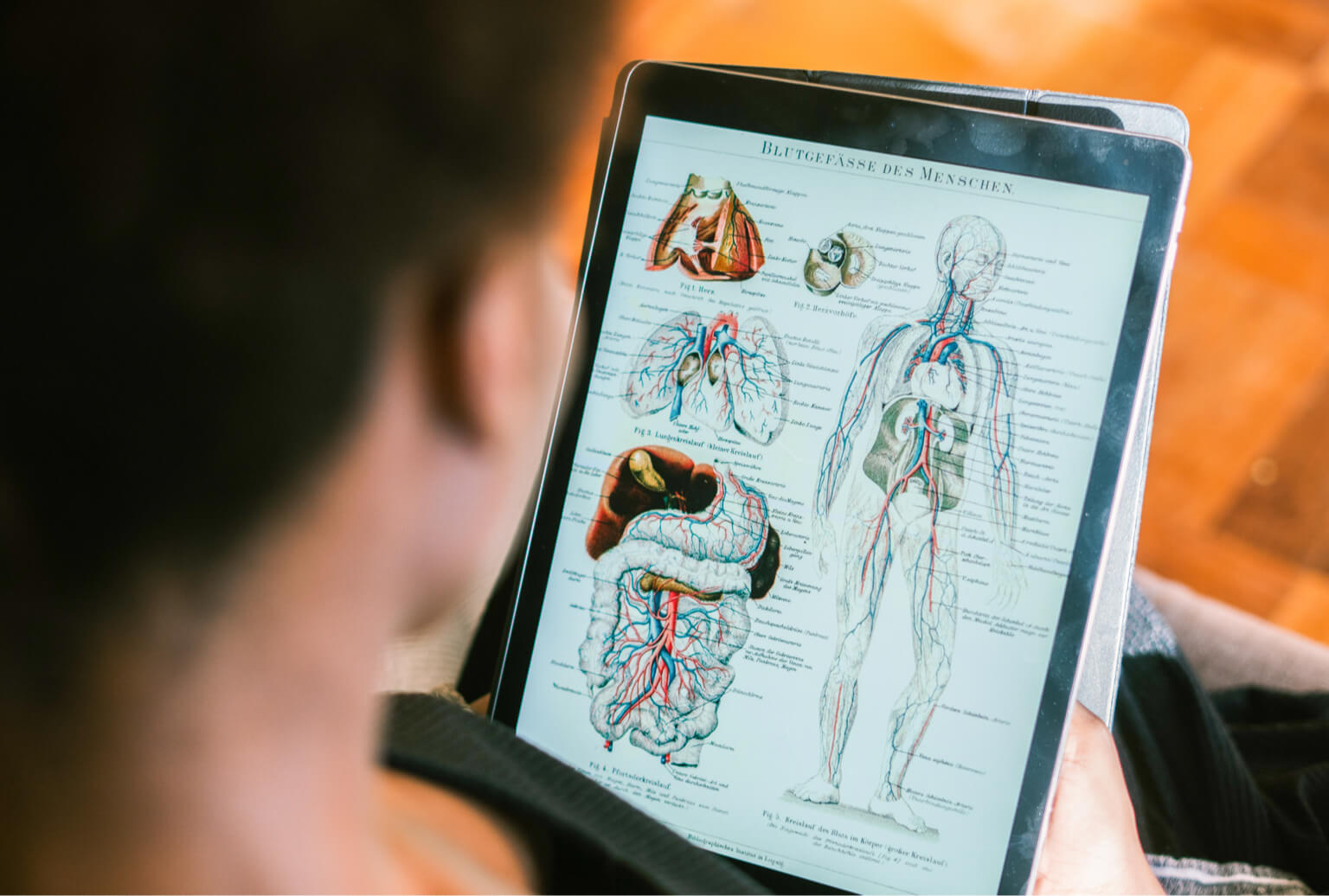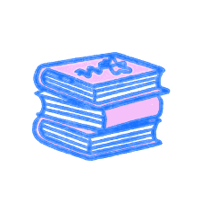There are a ton of terms that need to be read and memorized before you take the NCLEX-RN Exam. It may get pretty hard to remember all of those concepts right off hand.
One good way to help you to remember certain terms and concepts is to use Mnemonics. Everyone has their own way of remembering information and that’s why NCLEX-RN mnemonics are so helpful. Mnemonics is the study and development of systems for improving and assisting the memory.
Mnemonics for the NCLEX-RN Exam
Using mnemonics is an excellent way to keep things straight while also relating them to something less stressful. Mnemonics improve your memory by using the technique of association.
Here are some of the most helpful mnemonics for the NCLEX-RN exam that you should include in your study sessions.
1. MONA
For the treatment of Myocardial Infarction, you can think of the name MONA.
- Morphine
- Oxygen
- Nitroglycerine
- Asa
2. ZZLSD
The drugs that are used in the treatment of HIV can be memorized with ZZLSD.
- Zidovudine
- Zalcitabine
- Lamivudine
- Stavudine
- Didanosine
3. MADD DOG
Remember MADD DOG for the treatment of congestive heart failure.
- Morphine
- Aminophylline
- Digoxin
- Dopamine
- Diuretics
- Oxygen
- Gasses (gasses is for monitoring the arterial blood gasses)
4. FAME
For Endocarditis, you can remember FAME.
Fever, Anemia, Murmur = Endocarditis
5. SPAMS
To be able to remember the cause of heart Murmur, think of SPAMS.
- Stenosis of a valve
- Partial obstruction
- Aneurysm
- Mitral
- Septal defect

6. FAST
Remember FAST for the signs of a stroke.
- Face
- Arms
- Speech
- Time
7. PRICE
When treating a fracture, keep PRICE in mind.
- Pressure
- Rest
- Ice
- Compression
- Elevation
8. STING
The symptoms of Hyperthyroidism can be grouped as STING.
- Sweating
- Tremors or Tachycardia
- Intolerance to heat, Irregular period, Irritability, Irregular eyes (e.g., weakness or bulging)
- Nervousness, Neurological (e.g., chorea, myopathy, paralysis)
- Goitre, Gastrointestinal problems (such as vomiting, nausea, as well as constipation or diarrhea)
9. DIG FAST
Mania is one of the primary symptoms of bipolar disorder. It can also be the side effect from the use of prescription medications as well as some illicit drugs. DIG FAST is the acronym for the symptoms of mania.
- Distractibility
- Indiscretion or excessive Involvement in pleasurable activities
- Grandiosity
- Flight of ideas
- Activity increase
- Sleep deficit ( meaning, there is a decrease in the need for sleep)
- Talkativeness
10. CAUTION
If you need a way to describe the warning signs of cancer, you can use CAUTION.
- Change in bladder or bowels
- A sore that just won’t heal
- Unusual bleeding and/or discharge
- Thickening or lump
- Indigestion or trouble swallowing
- Obvious change in the size of wart or mole
- Nagging cough and/or hoarseness
11. APGAR
The APGAR score is used to gauge the health of a baby at 1 minute and 5 minutes after being born.
- Appearance: Is the baby blue/pale, blue/pink, or pink?
- Pulse: Is the pulse absent, under 100, or greater than 100?
- Grimace: Response to stimulation
- Activity: Flexing of the limbs
- Respiration: Is there crying and is it weak or strong?
12. ABCDEF
Questions to ask about Prenatal Care can be remembered very simply with the alphabet! Use A-F to ask these questions: ABCDEF. These are the most commonly asked questions for pregnant women. The answers to them determine if tests need to be ordered, and if so, what kind
- Amniotic fluid?
- Bleeding?
- Contractions?
- Dysuria?
- Edema?
- Fetal movement?
Hopefully, these mnemonics for the NCLEX-RN exam can help you remember difficult topics a little better. One of the great things about mnemonics is that you can adjust them to fit your learning style.
These can get you started and maybe even help you come up with more of your own. Either way, mnemonics are an excellent way to remember vocabulary and how to react in nursing situations. These mnemonics are great to help answer those “what do you do in this situation” type of questions on the NCLEX-RN Exam.

